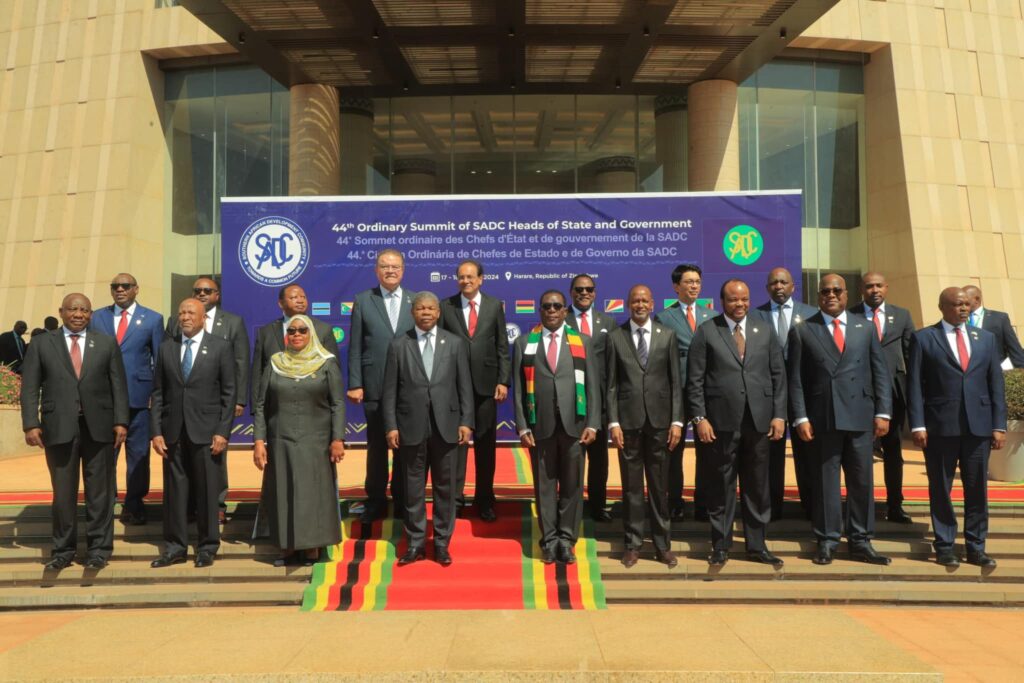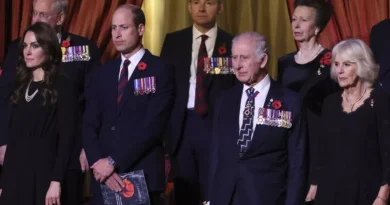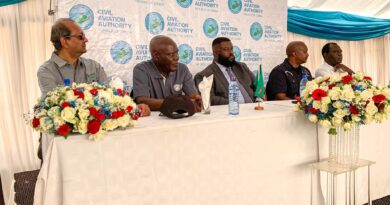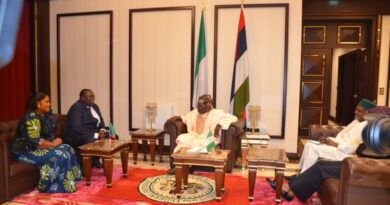SADC Leaders Address Regional Crises at Harare Summit as Mnangagwa Assumes Leadership
Heads of state and government from the 16-nation Southern African Development Community (SADC) gathered in Harare for a critical summit, addressing a range of pressing regional challenges.
The meeting, hosted by Zimbabwean President Emmerson Mnangagwa, comes at a time when Southern Africa is grappling with severe drought, ongoing conflict in the Democratic Republic of Congo (DRC), and the outbreak of a more virulent strain of the mpox virus.
President Mnangagwa, who assumed SADC leadership during the summit, emphasized the importance of regional unity and cooperation. “Each chairperson carries forward the vision of the region. If I am going to carry my own vision, I will detail the vision of the region,” Mnangagwa stated, marking a significant moment for his administration.
The summit’s agenda was dominated by the dire humanitarian and security issues facing the region. The ongoing drought has severely impacted food security, with SADC estimating that 68 million people are currently affected. Crops and livestock have been decimated, leading to widespread food shortages and economic disruption across several member states.
SADC Executive Secretary Elias Magosi opened the summit by extending “solidarity and support to member states affected by mpox,” a disease that has spread rapidly from the DRC to at least nine neighboring countries, with cases even reported as far as Sweden and Pakistan.
Earlier this week, the World Health Organization declared the new strain of mpox a public health emergency of international concern. Magosi called on global partners, including the WHO and the Africa Centres for Disease Control and Prevention, to provide resources to support the region’s response to the outbreak.
The conflict in the eastern DRC also featured prominently in discussions, as SADC leaders sought solutions to the protracted fighting that has destabilized the region and exacerbated humanitarian crises.
The summit was held under the shadow of growing international concern over Zimbabwe’s human rights record. Reports of crackdowns on opposition members and activists have drawn criticism, raising questions about the country’s domestic policies even as it takes on a regional leadership role.



